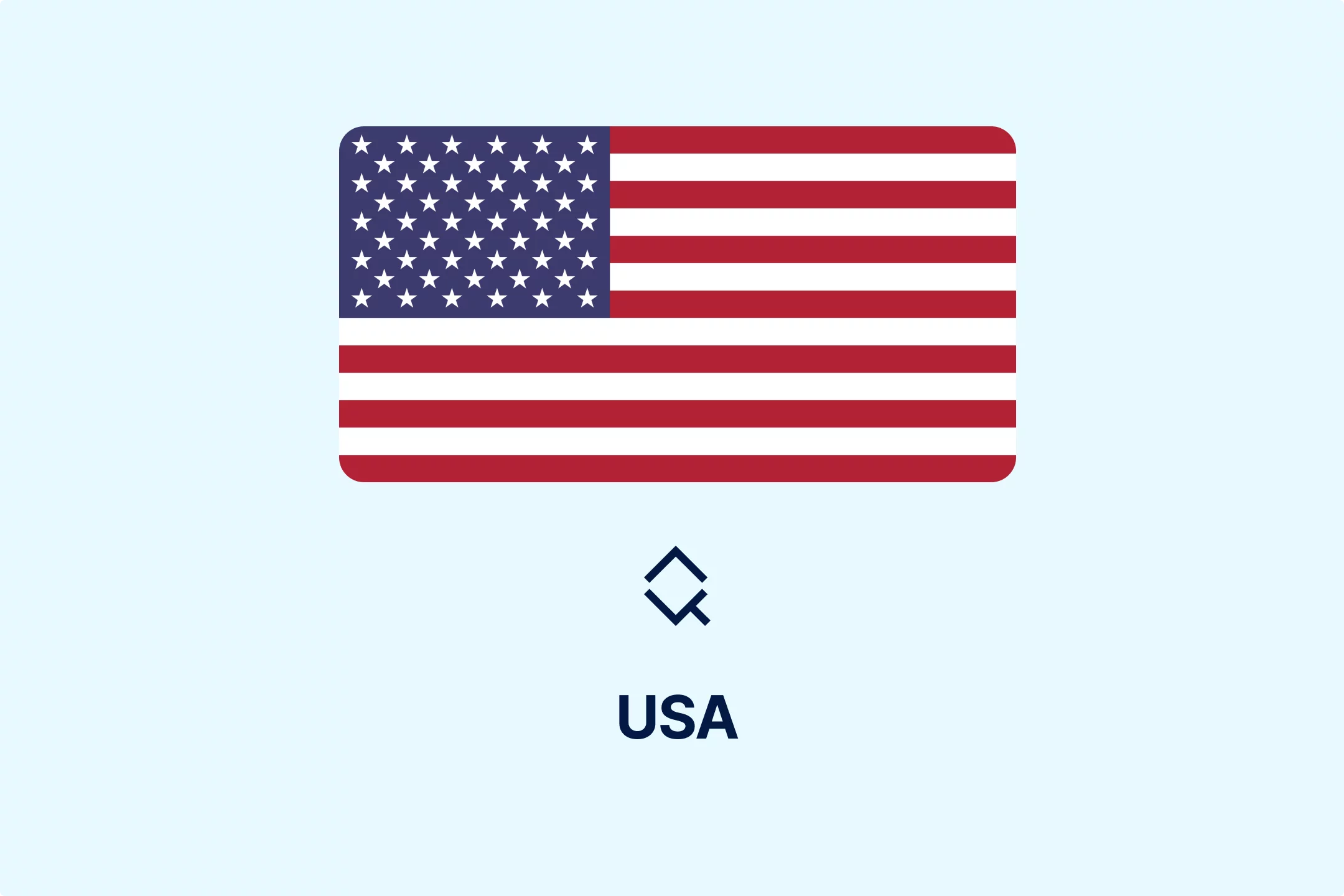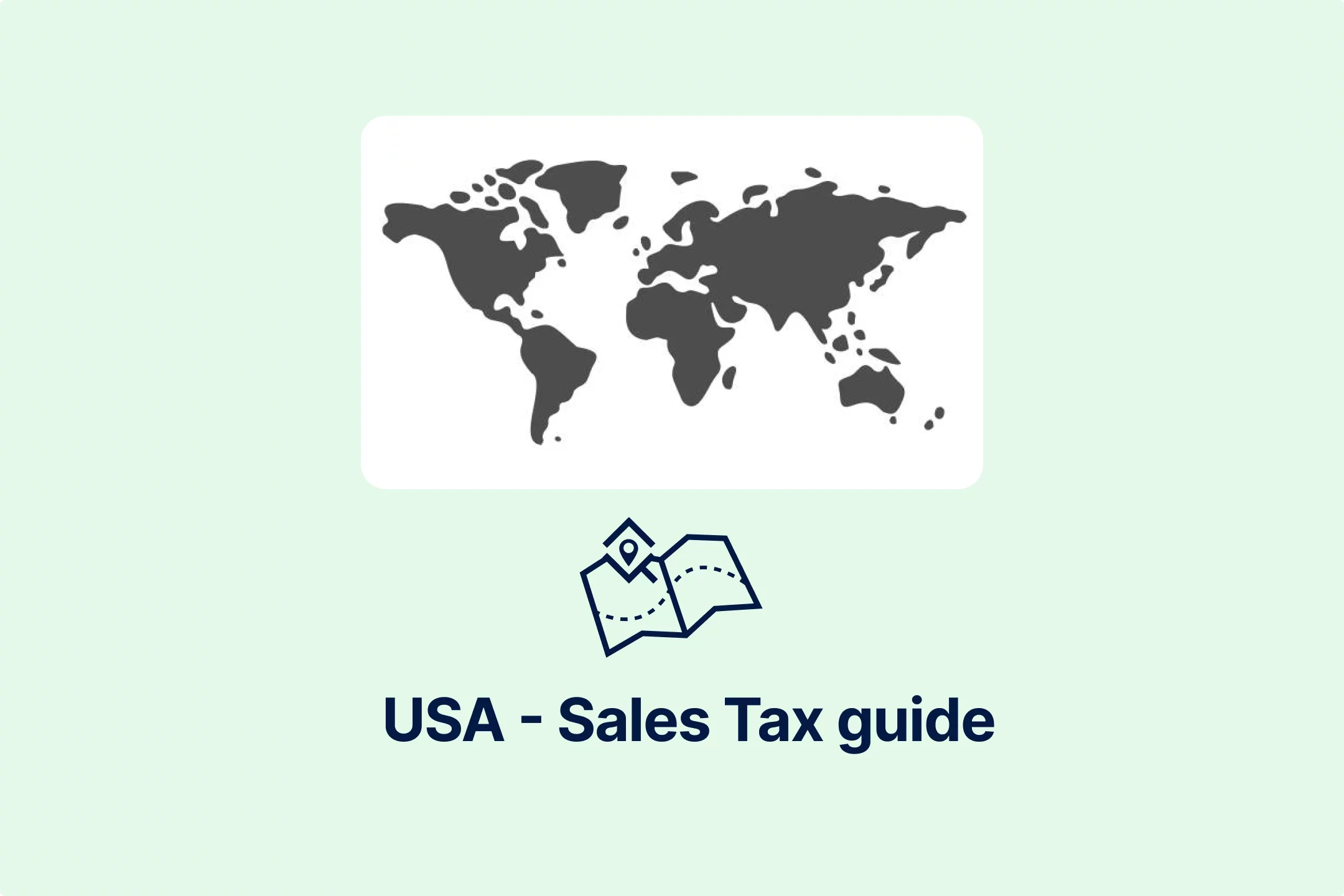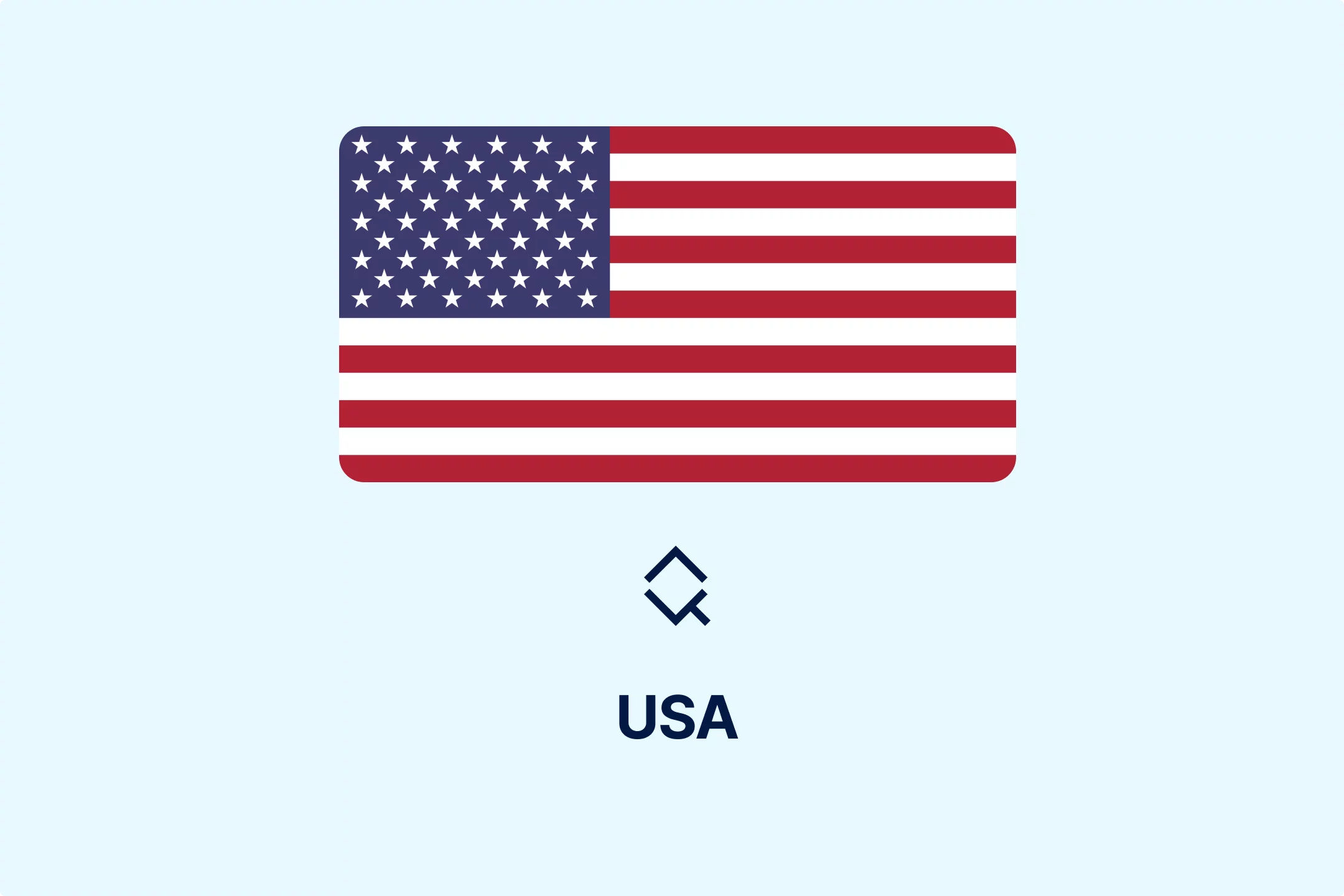Amazon Disputes $12.5M Tax Assessment in South Carolina Supreme Court

The South Carolina Supreme Court will settle the dispute between Amazon and the South Carolina Department of Revenue (DOR) regarding DOR retroactively applying the 2019 Marketplace Facilitator Law for assessing the tax on third-party sales made through Amazon in Q1 of 2016.
Amazon opposes the retroactive application and tax assessment on the 2016 Q1 sales, and all imposed penalties and interests on the uncollected and unremitted taxes.
Background of the Case
Following the Wayfair Decision, South Carolina implemented a Marketplace Facilitator Law in 2019. Under the provision of the Marketplace Facilitator Law, the DOR issued a tax assessment by retroactively applying the marketplace facilitator rules, stating that Amazon must pay USD 12.5 million for due sales tax, penalties, and interest.
The retroactive application was only for third-party sales made in the first quarter of 2016, for which the DOR stated that Amazon was liable to collect and remit sales tax.
Amazon argued that the 2019 Marketplace Facilitator Laws could not be retroactively applied to services provided before the Law was enacted. In addition, Amazon stated that it should not be considered liable for collecting sales tax because it was not the actual seller of the products but merely provided a service to third-party sellers.
In its ruling, the South Carolina Court of Appeals stated that Amazon is liable for sales tax under the laws in effect at that time, especially those that define rules and regulations for physical presence in the state.
Amazon challenged this decision, and the case was referred to the South Carolina Supreme Court to make its decision and settle the dispute. In its appeal, Amazon stated that the appealed decision shifts power to state tax enforcement authorities, thus weakening the protection of the taxpayers. Moreover, Amazon noted that the sales were sent to Amazon Payments Inc., not Amazon Services. Therefore, Amazon only temporarily held the payments on behalf of the third-party sellers as part of the services that it provides to those third-party sellers.
Conclusion
The legal battle between Amazon and the Department of Revenue is entering a new phase. The Supreme Court will give its final word regarding the dispute. The outcome of this case will first affect Amazon's sales tax liability.
However, this case's tax implications might also affect other marketplaces that fall under the scope of the Marketplace Facilitator Laws. Therefore, the Supreme Court decision will be awaited with great impatience.

Featured Insights

Burkina Faso FEC E-Invoicing Mandatory July 2026
🕝 February 24, 2026More News from United States
Get real-time updates and developments from around the world, keeping you informed and prepared.
-e9lcpxl5nq.webp)







-fd4vrjrcmo.webp)











-qoqtiao7l2.webp)





-o0xyg5unvs.webp)










-sug7vykj81.webp)

















-pofe7ucwz3.webp)









-de8hdb1bn3.webp)








-xbhr0m4jsb.webp)


-ae6fi6cjox.webp)














-b0fpsws1w1.webp)





















-x78wuofpzj.webp)
















-b44f1vjl1i.webp)

-priw8nq5xc.webp)


.png)

.png)





























